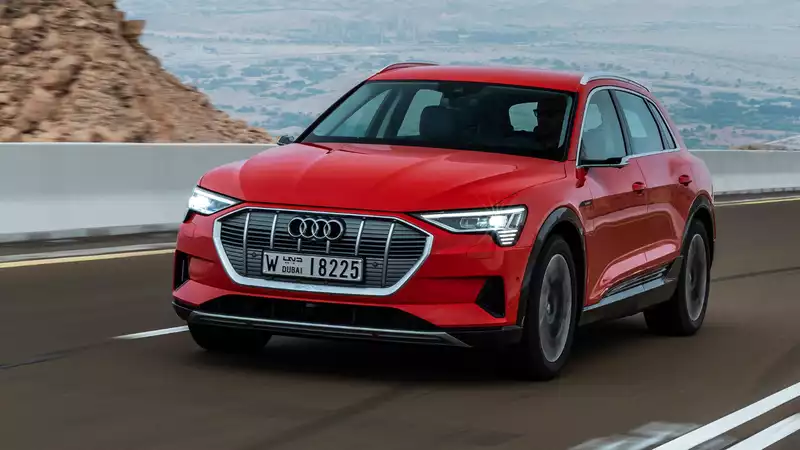Audi will stop selling cars with internal combustion engines (ICEs) starting in 2026 to pursue an all-electric future.
Audi says that the last ICE cars will not roll off the production line until 2033, but that it will ramp up its electric vehicles in the next five years. Expect to see more e-tron cars like the Audi Q4 e-tron from the German automaker giant.
This assumes that people will still be buying ICE cars in 12 years. Audi could pull out a little sooner if sales of ICE cars decline and it is no longer even worthwhile to make ICE cars. It also depends on whether they can sell new ICE cars by then.
Many countries, especially large European countries like Germany and the UK, have already announced plans to ban the sale of new ICE vehicles by 2030. However, countries like the U.S. and China still have markets, and their own ICE bans will not be enforced until much later.
"Through our innovative strengths, we offer individuals sustainable and carbon neutral mobility options. I do not believe in the success of the ban. I believe in the success of technology and innovation," said Audi CEO Markus Duesmann. 'The exact timing of Audi's elimination of the internal combustion engine will ultimately be determined by customers and the law.'
He then added, "With this roadmap, (Audi) is creating the clarity needed to make a decisive and strong transition to the electric vehicle era. It sends a signal to Audi that it is ready."
Of course, Audi is not alone in announcing plans to phase out ICE vehicles and transition to electric vehicles over the next decade. Volvo plans to be all-electric by 2023 and GM by 2035. Even ultra-luxury automaker Bentley will phase out gasoline-only cars by 2026.
There are still companies (like Toyota) that are negative about electric vehicles or seem to ignore EVs in favor of other technologies. However, announcements like Audi's show that the auto industry is aware of the changes taking place and that automakers are willing to adapt to meet both consumer demand and changing local regulations.
Moreover, as more companies jump on the all-electric bandwagon, these announcements will become more frequent. And a lot can change in 12 years: in 2009, electric cars were little more than gimmicky pipe dreams; fast-forward to 2021, and we see cars like the Tesla Model S Plaid, which claims to have better acceleration than any production car on the market.
And there's more besides.










Comments